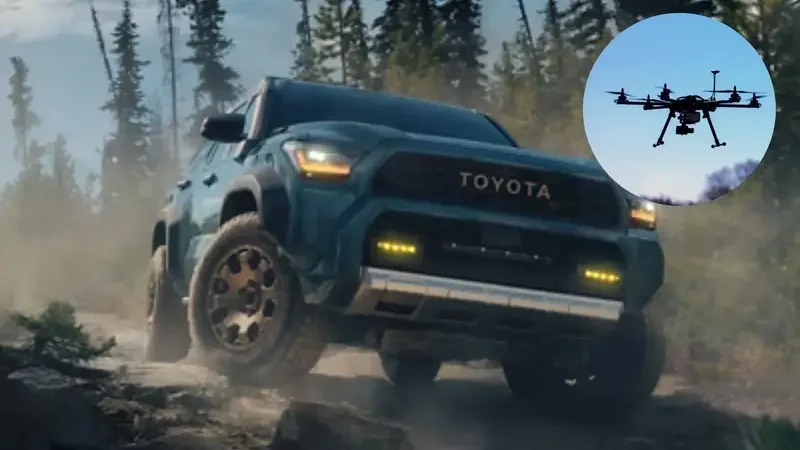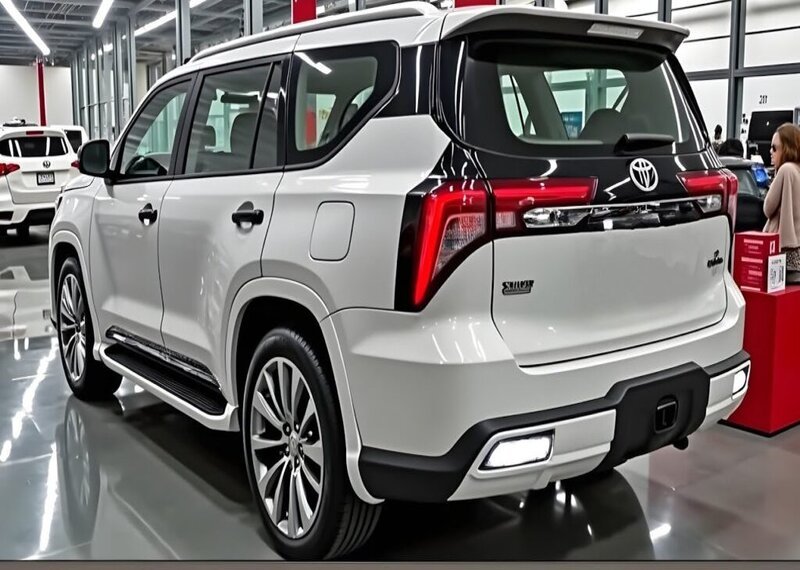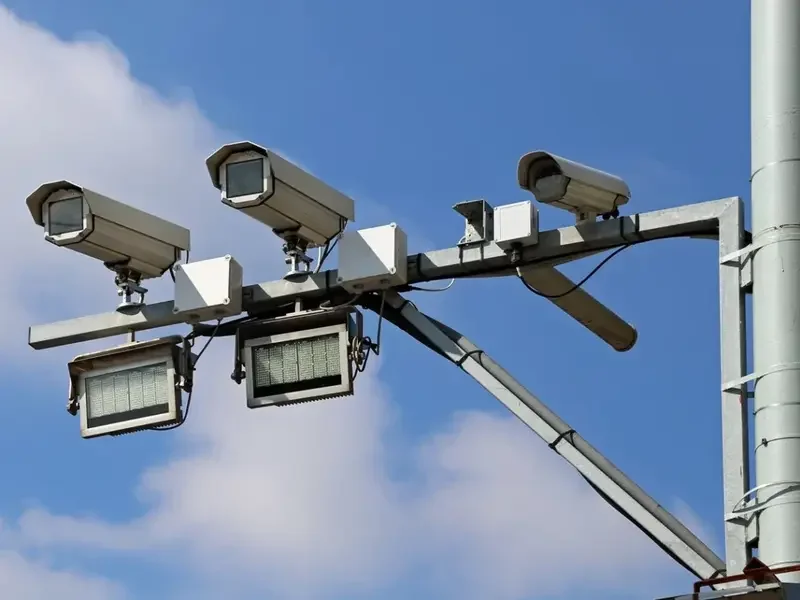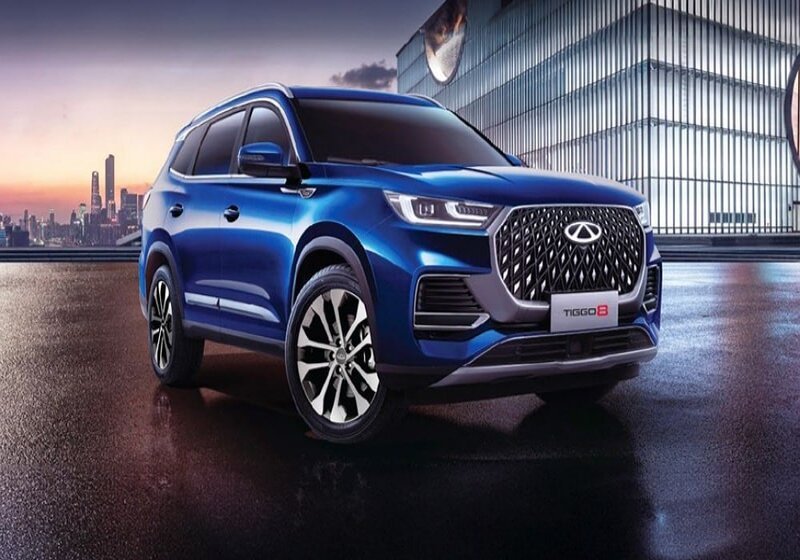Toyota has submitted plans to the U.S. Federal Aviation Administration (FAA) to test an innovative drone-assisted navigation system aimed at making off-road driving safer, smarter, and more efficient. The experimental system works by deploying compact drones that fly ahead of a vehicle, scanning the terrain and transmitting real-time footage directly to the driver. This allows users to identify obstacles, hazards, and unstable ground conditions without having to exit their vehicle — a feature that could transform operations for off-road adventurers, emergency responders, and defense teams navigating rugged or hazardous environments. The development comes at a pivotal time, as new FAA regulations permitting drone flights beyond visual line of sight (BVLOS) are opening doors to more advanced, autonomous applications. These regulatory changes make Toyota’s project particularly timely, aligning with the broader trend of integrating unmanned systems into ground and aerial mobility platforms. Toyota emphasized that the project is still in its early, experimental phase and has no commercial release timeline. However, the initiative underscores the company’s deepening investment in next-generation mobility technologies, including artificial intelligence, robotics, and aerial systems — signaling a future where vehicles and drones may work seamlessly together to enhance safety, navigation, and efficiency in even the toughest terrains.
































